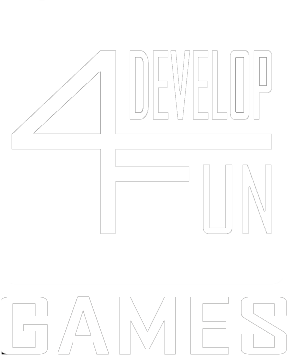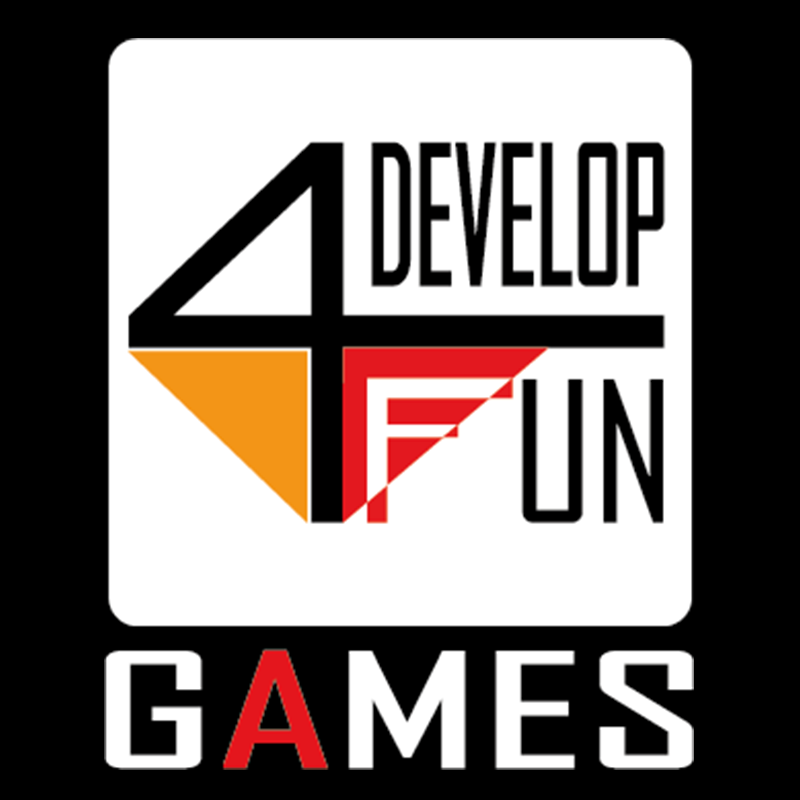Every indie developer knows the feeling: your game is almost done, yet there’s always something else to tweak, adjust, or enhance. But at what point should you finally let go and release? Knowing when your indie game is truly ready to ship is a challenge many face, and there’s no one-size-fits-all answer.
Indie games often start as passion projects. You pour countless hours into refining gameplay mechanics, perfecting graphics, and enhancing the narrative. But endless polishing can turn into a trap. You might find yourself stuck in an endless loop of improvements, losing sight of the original vision.
Understanding when enough is enough involves recognizing a simple truth: no game is ever completely finished in the eyes of its creator. There’s always room for improvement, but constantly chasing perfection can delay your release indefinitely.
So how do you recognize the right moment to stop polishing and finally publish your game?
First, consider the core experience. Is the gameplay fundamentally enjoyable, stable, and reflective of your vision? Players care most about a game’s central experience—minor bugs and imperfections can often be forgiven if the core is solid and compelling.
Next, think about your audience. Have you conducted playtests? If players are genuinely enjoying your game, providing positive feedback, and not encountering major issues, you’re probably closer to release than you think. Listen carefully to testers: their feedback helps you distinguish between essential improvements and unnecessary tweaks.
Another key factor is project fatigue. Spending too long on minor adjustments can drain your enthusiasm and energy, diminishing your productivity and creativity. If you find yourself endlessly cycling through minor adjustments without noticeable improvements, it might be a clear sign to step back and prepare for launch.
It’s also valuable to accept that post-launch updates exist for a reason. Today’s indie gaming landscape embraces continuous improvement through patches, updates, and player feedback. Launching your game doesn’t mean abandoning it—it means opening the door to a community that can guide further enhancements based on real player experiences.
Remember, players appreciate honesty and transparency. Clearly communicating that your game is a continuous project, open to improvement, can build a loyal, engaged community ready to support your game’s evolution.
Ultimately, deciding when to stop polishing and publish is about balance: maintaining your passion, respecting player expectations, and embracing the reality that perfection is unattainable. Release confidently, listen openly, and improve iteratively—this approach turns indie games into beloved experiences that genuinely resonate with players.




